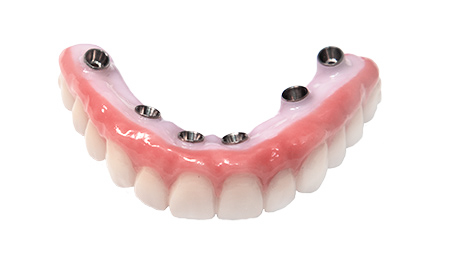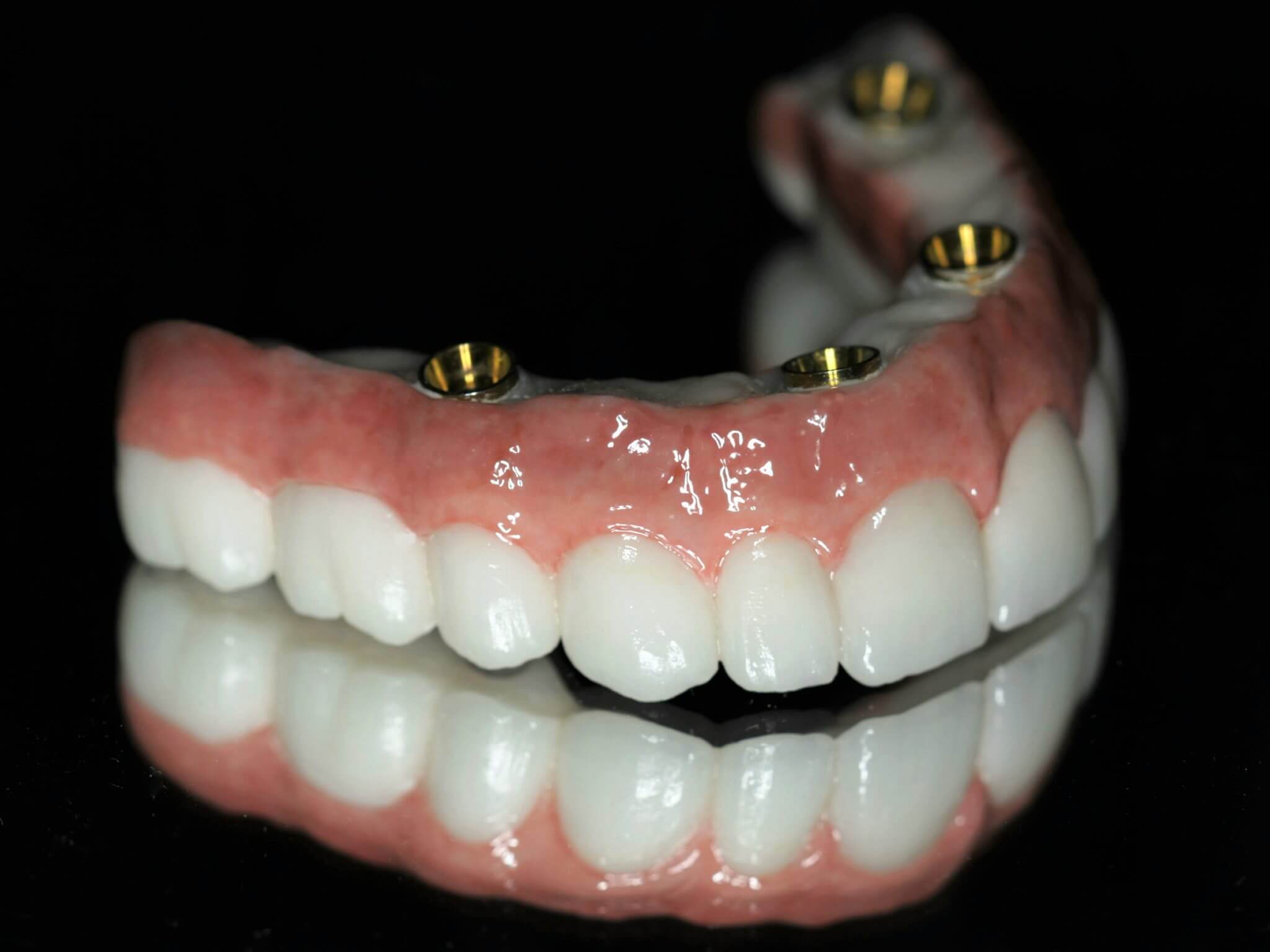Dental Sense for Beginners
Dental Sense for Beginners
Blog Article
Dental Sense Fundamentals Explained
Table of ContentsRumored Buzz on Dental SenseWhat Does Dental Sense Mean?Dental Sense Things To Know Before You BuyThe Of Dental Sense
are clinical gadgets operatively implanted into the jaw to recover a person's capacity to eat or their appearance. They give support for man-made (phony) teeth, such as crowns, bridges, or dentures. When a tooth is shed due to injury or condition, a person can experience issues such as quick bone loss, malfunctioning speech, or changes to chewing patterns that cause discomfort.Dental dental implant systems contain a dental implant body and dental implant joint and might also consist of an abutment fixation screw. Root canal procedure. The dental implant body is operatively placed in the jawbone in area of the tooth's root. The oral implant joint is generally affixed to the implant body by the joint fixation screw and expands through periodontals into the mouth to support the attached fabricated teeth
(https://www.startus.cc/company/dental-sense)Framework of The Dental Implant System choosing dental implants, speak to your oral copyright about the possible benefits and dangers, and whether you are a candidate for the treatment. Points to consider: Your total wellness is an important consider figuring out whether you are an excellent prospect for oral implants, exactly how long it will take to recover, and for how long the dental implant might stay in place.
Cigarette smoking may affect the healing process and reduce the long-lasting success of the dental implant. The healing procedure for the implant body might take numerous months or longer, throughout which time you generally have a short-term joint instead of the tooth. the dental implant procedure: Meticulously adhere to the dental health guidelines provided to you by your oral copyright.
Not known Facts About Dental Sense
Implant failing can lead to the need for another operation to take care of or replace the implant system. Brings back the ability to eat Restores cosmetic look Assists keep the jawbone from shrinking as a result of bone loss Maintains the wellness of the bordering bone and gums Assists keep nearby (close-by) teeth secure Boosts lifestyle Damage to bordering all-natural teeth throughout dental implant placement Injury to the surrounding cells throughout surgery, such as sinus perforation Injury during surgery (for instance, crack of surrounding jawbone) Insufficient feature, such as really feeling like the teeth do not attack with each other generally A feeling that the tooth is loosened or twisting in area resulting from a joint screw loosening Implant body failure (looseness of the dental implant body) because of systemic infection, which might be more most likely in patients with unrestrained diabetics issues as a result of local infection in bone and gum tissues sustaining the implant body due to postponed recovery, which may be more probable in clients who smoke Trouble cleaning up the gums around the dental implant, leading to bad dental health Untreated gum illness Post-surgical feeling numb because of nerve impingement or damages Always alert healthcare companies and imaging service technicians that you have dental implants before any magnetic resonance imaging (MRI) or x-ray procedures.
FDA is not aware of any kind of adverse occasions reported for MRI investigate this site or x-ray treatments with dental implants. Oral implants systems are usually made from materials that follow international consensus criteria of the International Company for Standardization (ISO) or ASTM International. These requirements have information of what makes a secure product.

A dental implant is a structure that changes a missing out on tooth. With screw-like tools, the doctor inserts an implant into the jawbone, and it acts as an anchor for an artificial tooth, called a crown.
More About Dental Sense
Some individuals are not qualified for oral implant surgical treatment. It is for oral specialists to run on people with: acute illnessuncontrollable metabolic diseasebone or soft cells illness or infectionIf these problems are solved, a person can have the surgery. In, dental surgeons refrain from operating individuals with: If people with any of the above undergo oral implant surgery, there is a higher danger of the implant falling short.

Oral implant surgical procedure is a personalized process. It's not the same for everybody. The adhering to provides a basic introduction of what you can expect your dental professional, oral specialist, periodontist or prosthodontist to do: Put the dental implant surgically. Offer you time to heal. Affix the article and last crown, bridge or denture.
Next off, your surgeon will thoroughly put the oral implant right into your jaw. Your cosmetic surgeon will reposition your gums and close the incision with stitches. If your implant is near the front of your mouth, your dentist will make a momentary tooth for you to put on till you recover. In this way, you will not have a void in your smile while you recuperate.
An Unbiased View of Dental Sense
During the recovery stage, your jawbone needs to fuse to the dental implant. This procedure can take anywhere from 3 to nine months.
As soon as your dental implant heals, your dental professional can affix the abutment (tiny port message) and your last repair (crown, bridge or denture). This usually takes concerning one hour to finish and might need a 2nd minor surgical treatment. You should not feel any type of pain during your oral implant procedure since your company will make use of medicine to numb your gum tissues.
Report this page